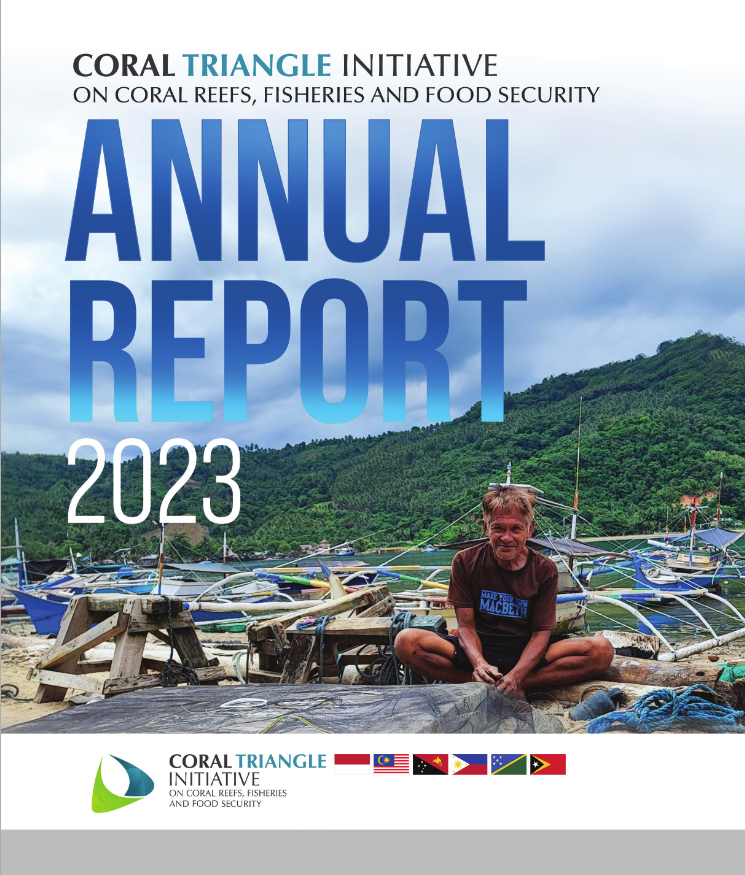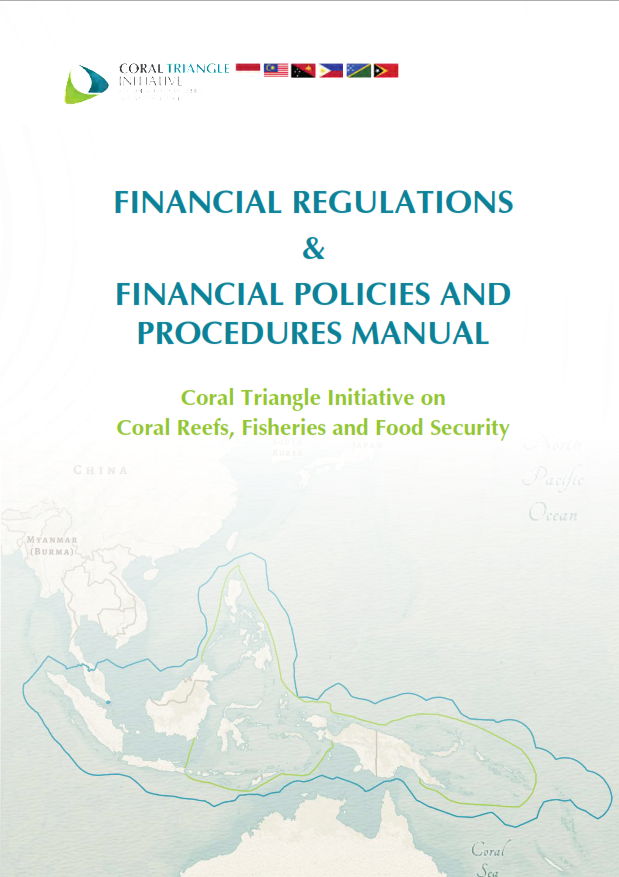Strengthen Marine and Coastal Ecosystem Protection in the Wake of Super Typhoon Haiyan, Govts. Urged
Prompted by the increasing impact of climate change on one of the major coral reef systems in the Southeast Asian region and guided by lessons from the destruction to coastal communities brought by Typhoon Haiyan that hit the Philippines, the CTI-CFF members countries have called on governments all over the world to implement policies and programs that will strengthen protect marine resource conservation and strengthen coastal communities’ resilience to climate change impact.
In a communiqué signed on November 27, 2013, the Coral Triangle country representatives from Indonesia, Malaysia, Philippines, Papua New Guinea, Solomon Islands and Timor-Leste vowed to “shape national and regional policies for sustainable planning in coastal developments, with the proper safeguards for climate change adaptation.” This is for the reinforcement of the natural protection provided by the environment, and for building local capacity of communities to develop appropriate and representative strategies in protecting and sustaining the Coral Triangle,’ the countries noted.
The communiqué was signed during 9th CTI-CFF Senior Officials Meeting held in Manila from November 26 to 27, 2013. The CTI-CFF is a multilateral partnership of the six countries that surround the richest marine area in the world known as the Coral Triangle. The partnership was declared officially in 2009 to address the urgent threats facing the Coral Triangle’s rich coastal and marine resources such as destructive fishing, pollution, poorly-managed coastal development, and climate change impacts.
“We are fully aware that the conservation of the Coral Triangle calls for a collaborative, trans-geopolitical effort bounded not by national borders but by the vibrant ecosystems that our nations collectively share, in recognition of the challenges posed by a climate-defined future,” the countries said.
In the communiqué, the six Coral Triangle countries which are called as CT-6 also committed to assess the vulnerabilities of their respective coastal areas against threats posed by climate change and implement regional and national programs for climate change adaptation that is suitable to each country’s needs. The CT-6 noted that the declaration is “in solidarity with all coastal communities of the world, urban and rural alike, which face a future of intensifying weather and vulnerable to storm surges, and rising sea levels and temperatures.”
Under the CTI-CFF, the six countries agreed to implement parallel efforts under its Regional Plan of Action to protect and manage the Coral Triangle’s resources using cutting edge science, innovative approaches that recognize the environmental, economic and socio-cultural needs of the region. The CTI-CFF promotes sustainable fisheries, protects threatened species, strengthens management of marine protected areas and helps communities living along the coast adapt to the risks of climate change.



